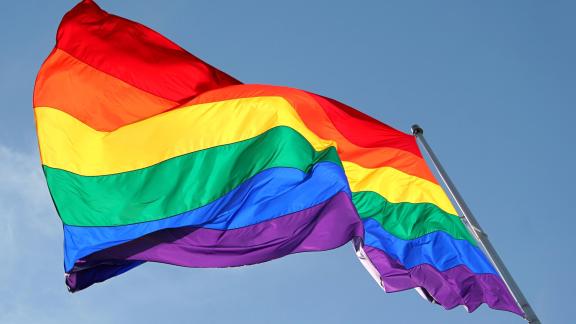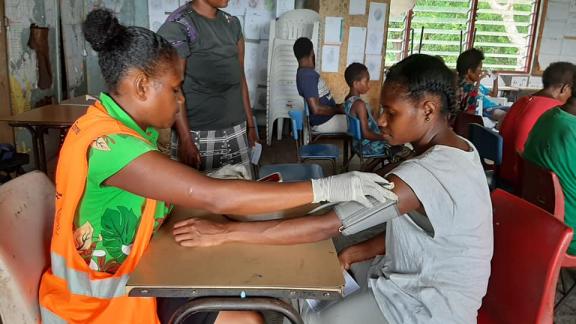In the year since the last Pride Month, there have been substantial developments for LGBTIQ+ communities in the ESEAO region. From South Korea moving closer towards marriage equality to Cook Islands' removal of a law criminalizing homosexuality, and much more, see what’s changed since June 2022:
Australia
In November 2022, Australia passed a law allowing individuals to change their legal gender marker on their birth certificate without requiring surgery or hormone treatment. The Bill, once passed in Parliament, is expected to become law in 2024. “What most people in Australia take for granted as a simple piece of paper is for trans and gender diverse people the right to exist and be seen for who we are,” Ymania Brown, a fa’afafine trans woman and spokesperson for national LGBTIQ+ advocacy group Equality Australia, said in a statement.
Cook Islands
In April, the Cook Islands removed a colonial-era law that criminalized homosexuality. Our local member association, the Cook Islands Family Welfare Association, fought long and hard for this law reform, which has faced many hurdles since the movement kicked off in 2017. Staff and volunteers at CIFWA have worked in step with Pride Cook Islands and the Te Tiare Association (TTA), two of the biggest LGBTIQ+ advocacy organizations in the country, to end discrimination and promote human rights.
South Korea
In February, a South Korean court ruled in favour of a same-sex couple seeking equal health benefits, overturning a lower court’s earlier decision in a ruling hailed by supporters and activists as the first recognition of the legal rights of such couples. The ruling moves South Korea closer to achieving marriage equality.
Vietnam
In what would be a massive victory for trans rights, a gender identity law could be included in Vietnam’s parliamentary agenda next year. The proposed law would allow people the right to change gender identity, request a different gender identity to the one assigned at birth and the right to choose a medical intervention method for gender-reaffirming surgery. Currently, there are no legal documents regulating gender identity in Vietnam.
Japan
A Japanese court ruled it is "unconstitutional" for the nation not to legally recognise same-sex unions, a mark of progress for LGBTIQ+ rights in the only Group of Seven countries without legal protections for sexual minorities. The decision came after Japan's ruling Liberal Democratic Party on May 18 submitted to parliament a bill to "promote understanding" of LGBTIQ+ issues. If passed, the bill would forbid "unfair discrimination" based on sexuality or gender identity.
Taiwan
In what’s been described as a ‘monumental milestone’ by the ruling political party, Taiwan has become the first Asian country to pass legislation to grant same-sex couples full adoption rights - a right previously only open to single people and heterosexual couples. The ruling also came on the heels of Taiwan’s first Pride celebration in two years – after the country relaxed its strict COVID-19 restrictions – which attracted over 120,000 people to the capital Taipei.
Singapore
In November 2022, Singapore’s parliament decriminalised sex between men but amended the constitution to block full marriage equality. The British colonial-era law penalised sex between men with up to two years in jail, although the statute was not actively enforced. The law had long been criticised as discriminatory and stigmatising to the LGBTIQ+ community. The changes do, however, leave room for a future parliament to expand the definition of marriage to include same-sex relationships.
To keep up with more global changes, follow ILGA World – the international lesbian, gay, bisexual, trans and intersex association.
when
country
Cook Islands, Vietnam, Korea, Republic of, Japan
Subject
LGBTI+










